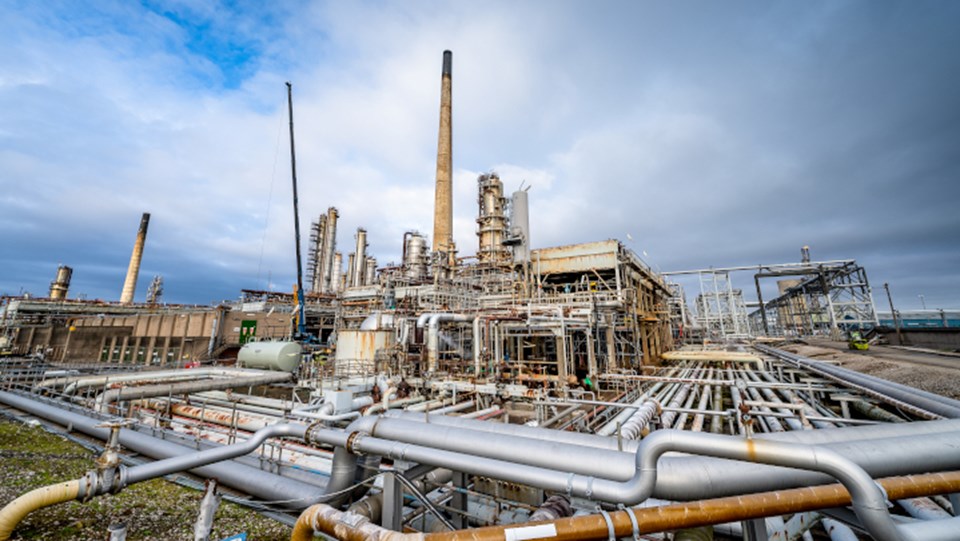UK's £22bn Investment in Hydrogen and CCUS Projects to Boost Green Technologies
Key Ideas
- The UK government is investing nearly £22bn in carbon capture and storage (CCUS) and hydrogen projects to lead in greener technologies, creating 4,000 jobs and storing 8.5m t/y of CO2.
- Projects like the HyNet cluster in the northwest of England and North Wales are set to produce blue hydrogen using Low Carbon Hydrogen technology, with plans for CO2 storage under the sea in Liverpool Bay.
- Experts and industry professionals welcome the funding as a significant step towards decarbonization and economic growth, aiming to make the UK a global leader in CCUS and hydrogen production.
- Environmental groups like Greenpeace emphasize the importance of investing in renewable energy rather than hydrogen from fossil fuels, urging a shift towards green industries for job creation and climate action.
The UK government has announced a substantial investment of almost £22bn in carbon capture and storage (CCUS) and hydrogen projects, aiming to propel the country to the forefront of greener technologies. This investment will support the creation of 4,000 jobs and the storage of 8.5m t/y of CO2 over 25 years in carbon capture clusters planned for Teesside and Merseyside in northern England.
The HyNet project, centered around a new blue hydrogen production facility at Stanlow refinery, will use Low Carbon Hydrogen technology to capture 99% of CO2 produced. The CO2 will be piped for storage under the sea in Liverpool Bay. Additional projects in Teesside and the East Coast Cluster involve major players like bp, Equinor, and TotalEnergies, aiming to capture significant amounts of CO2 and produce blue hydrogen.
Experts and industry professionals view this funding as a crucial step towards decarbonizing heavy industries and achieving national net-zero targets by 2050. However, there are mixed responses to the announcement, with concerns about prolonging reliance on fossil fuels. Greenpeace advocates for investing in renewables over hydrogen from fossil fuels to address the climate crisis and create green jobs.
The UK's commitment to CCUS and hydrogen projects is seen as a positive move towards economic growth, job creation, and global leadership in green technologies, with support from various sectors. Despite the lack of detailed project breakdowns, experts believe this funding sets the UK on a path to decarbonize industry and combat climate change effectively.
